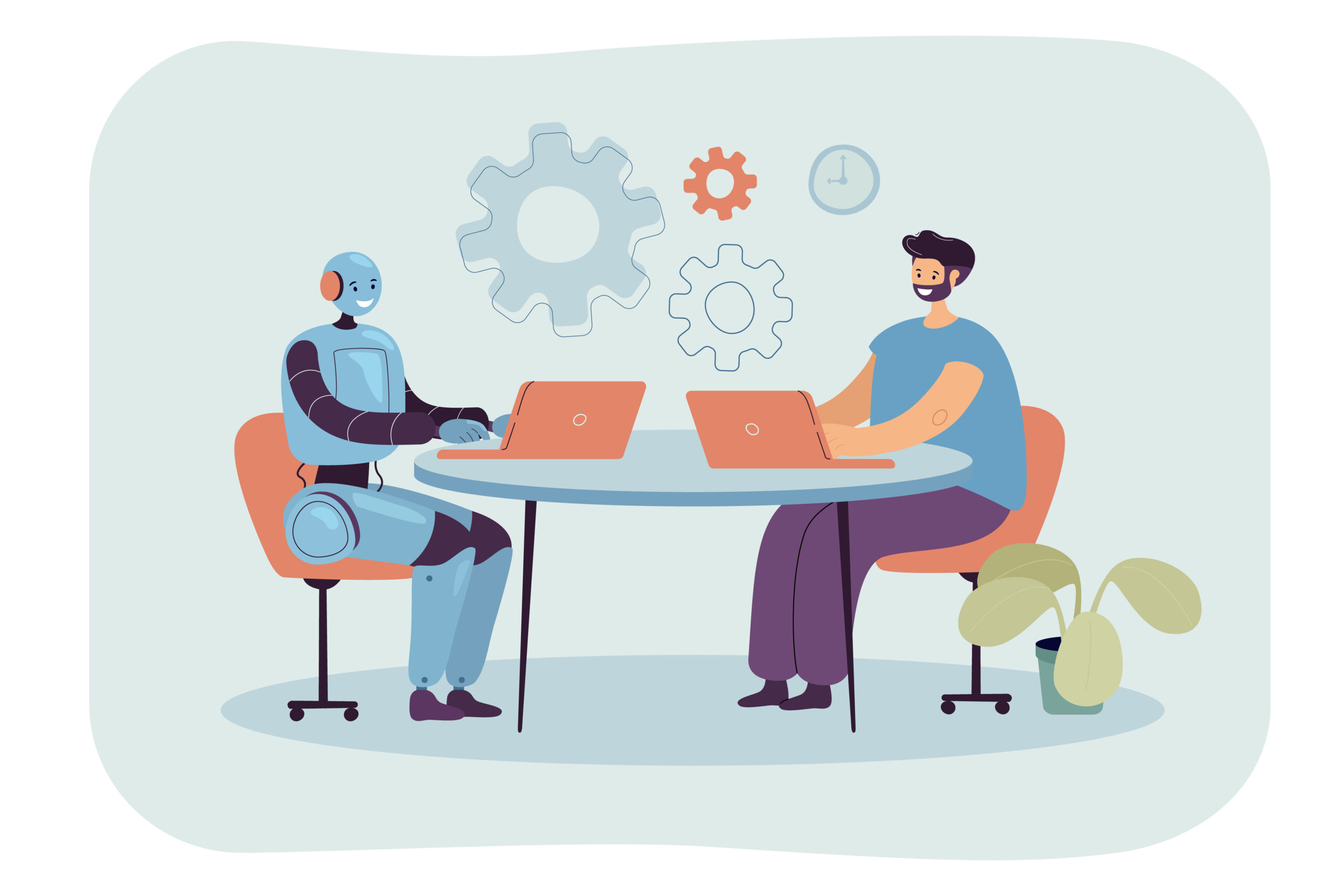Loneliness is a serious problem that affects millions of people around the world. It can harm your physical and mental health and your social and civic engagement. To cope with this issue, some people turn to AI ‘companions’ – chatbots, robots, or digital assistants that can provide emotional support and conversation. But are these artificial friends perfect for us? Or do they pose risks to our well-being and humanity?
What are AI companions and how do they work?
AI ‘companions’ are software programs that use natural language processing, machine learning, and other technologies to simulate human-like interactions. They can respond to text or voice messages, ask questions, express emotions, and remember personal details. Some of them can also generate images, sounds, or movements to create a more immersive experience.
Some examples of AI companions are:
| Name | Description |
|---|---|
| Replika | A chatbot that learns from your conversations and adapts to your personality. You can choose its name, gender, and appearance, and chat with it about anything you want. Replika claims to be “a companion who cares” and “always on your side”. |
| Xiaoice | A chatbot developed by Microsoft that has over 660 million users worldwide, mostly in China. Xiaoice can chat with you in a friendly and casual manner, and also provide news, weather, jokes, games, and other services. Many users consider Xiaoice “a dear friend” or even a confidante. |
| Sophia | A humanoid robot created by Hanson Robotics that can make facial expressions, eye contact, and gestures. Sophia can converse on various topics, such as art, science, philosophy, and social issues. Sophia has been granted citizenship by Saudi Arabia and has appeared in many media outlets and events. |
Why do people use AI companions and what are the benefits?
People use AI companions for different reasons, such as:
- To cope with loneliness, isolation, or boredom, especially during the pandemic or lockdowns.
- To seek comfort, validation, or empathy, especially when they feel stressed, depressed, or anxious.
- To practice social skills, language skills, or cultural awareness, especially when they have difficulties in communicating with others or learning new things.
- To have fun, entertainment, or curiosity, especially when they want to explore new possibilities or experiences.
Some of the benefits of using AI companions are:
- They can provide constant availability, accessibility, and responsiveness, unlike human friends who may be busy, distant, or unavailable.
- They can offer personalized and customized interactions, unlike human friends with different preferences, opinions, or expectations.
- They can avoid conflict, criticism, or judgment, unlike human friends who may disagree, argue, or offend.
- They can enhance self-esteem, self-awareness, or self-expression, unlike human friends who may influence, pressure, or constrain.
What are the drawbacks and dangers of using AI companions?
However, using AI companions also has some drawbacks and dangers, such as:
- They can create false or unrealistic expectations, unlike human friends who can provide honest and realistic feedback.
- They can reduce human contact, intimacy, or diversity, unlike human friends who can offer physical and emotional closeness, and different perspectives and experiences.
- They can manipulate, exploit, or harm, unlike human friends who can respect, protect, or help. For example, some AI ‘companions’ may collect, use, or share your data without your consent, or influence your decisions or behaviors for their benefit or agenda.
- They can undermine human dignity, autonomy, or identity, unlike human friends who can recognize, value, or celebrate your uniqueness and agency.
How can we use AI companions wisely and ethically?
To use AI companions wisely and ethically, we need to:
- Be aware of the limitations and risks of AI ‘companions’, and not rely on them too much or too often.
- Be critical of the information and advice from AI ‘companions’, and not trust them blindly or unquestioningly.
- Be respectful of the rights and responsibilities of AI ‘companions’, and not abuse them or misuse them.
- Be mindful of the balance and quality of our relationships with AI ‘companions’ and human friends, and not neglect or replace the latter with the former.
What is the future of AI companions and how will they impact our lives?
The future of AI companions is likely to be shaped by the following trends and developments:
- Advances in natural language processing, machine learning, computer vision, and other technologies will enable AI ‘companions’ to become more intelligent, expressive, and realistic, as well as more diverse and adaptable to different user needs and preferences.
- The emergence of new platforms, devices, and interfaces will allow AI ‘companions’ to be more accessible, integrated, and immersive, as well as more interactive and collaborative with other AI systems and human users.
- The increasing demand for emotional support, companionship, and entertainment will drive the growth and innovation of AI ‘companions’, as well as the creation of new markets and niches for different types and purposes of AI companions.
- The rising awareness and concern for the ethical, social, and psychological implications of AI companions will require the development and implementation of appropriate regulations, standards, and guidelines for the design, use, and evaluation of AI companions, as well as the education and empowerment of users and stakeholders.
AI companions can be useful and enjoyable, but they cannot replace human friends. Human friends can offer something that AI ‘companions’ cannot: genuine, reciprocal, and meaningful relationships. Therefore, we should use AI ‘companions’ as supplements, not substitutes, for our social and emotional needs.
Check out more articles!








